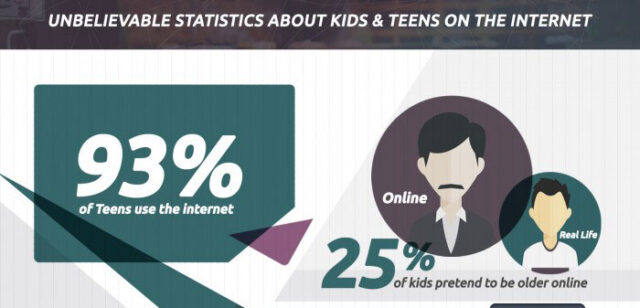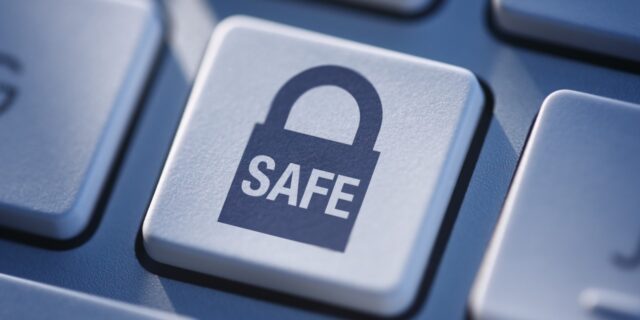

Spend much time surfing the web? If you do, you need to be wary of things that lurk on the dark side of the Internet. Not only are there viruses, hackers and spammers. Internet is full of predators, and a bunch of evildoers are out there just waiting to pounce on teens in the digital world.
This created an online community of real-life close friends. It was a way to bring conversations with your friends home after school. With the proliferation of smartphones comes the increase of strangers in the teenage online community. A predator can interact with youth through a forum with a false identity. This increase in mass social interaction leads to extreme statistics on cyber bullying. 33% of teens admit to being cyber bullied in the past.
You have probably heard of someone’s computer being hacked, his or her identity being stolen online, or even having some embarrassing pictures posted online. Lets’s learn something about teen safety on internet.
Teen Safety on Internet Tips
1. Keep Your Online Identity Secret
Don’t tell anyone your real name and address or what neighborhood you live in. Here’s the general rule: Don’t give out any information that a predator could possibly use to find you. The Federal Trade Commission says that even “small clues” like what school you attend or the name of your athletic team is enough for a predator to figure out your identity.
2. Your Username and Password Belong to You
Don’t give your username or password to anyone. What if a friend logs on and pretends to be you, and then says something really awful and gets you in trouble? Sure, it might seem funny to the “former” friend, but it’s serious and it happens everyday. With your username and password, someone can post language that gets you expelled from school, in trouble with your parents, or even in trouble with the law.
3. The Internet has a Great Memory
Just because the Internet is so massive does not mean that embarrassing pictures, rude or mean comments, or illegal activities will disappear forever. Watch what you post about yourself or others, or allow your friends to post about you, because you may have to live with it for a long, long time.
4. Be Good Online
Writing “hate” emails, hacking into other people’s computers, illegally downloading music or movies and making online threats are just as illegal on the Internet as they are in the real world. You cannot hide behind a screen name and get away with it. Watch what you write because someone else is watching what you write.
5. Be Extremely Careful about Meeting Someone in Person
The FBI gives an all-out blanket warning: “Never meet anyone in person that you meet online.” That said, many teens do make good friends online. You just have to be super-cautious and make sure other people you know and trust also know this “new” online person.
If you do decide to meet the new person, bring your parents with you. All of you meet together in a public area like a mall where there are tons of people around. Ask that the person’s parents come, too. If the situation feels creepy, it probably is! Just like in the real world, trust your gut instincts.
6. Your Parents Are Ultimately Responsible for Minors Online
Even if your parents don’t know much about the Internet, tell them what types of web sites you go to. They will probably be interested and impressed with your Internet skills. They may also help you avoid potential problems if a web site or new “friend” looks sketchy.
How Do I Report Creepy or Illegal Things Online?
While most Internet activity is legal, occasionally you might come across something that just seems wrong, creepy or even scares you. The first thing to do is tell your parents just like you’d do if a creep talked dirty to you at the movies. Your parents can support you and help you make the right decisions about what to do next. If you decide to report the suspicious activity or person, there are two web sites you can go to:
- For computer hacking, online stealing, or similar suspicious or illegal activity, go to www.ic3.gov. Follow the instructions for how to report what you saw.
- For any suspicious activity involving sexual messages, someone sending you nude photos or asking you to send nude photos, someone trying to get you to do sexual things, or any other sexually related incident, go to www.cybertipline.com.
Internet is completely awesome. It lets you discover an incredible new world and meet some great new friends. Just use it with caution. You can check infographics about teen safety on internet.














